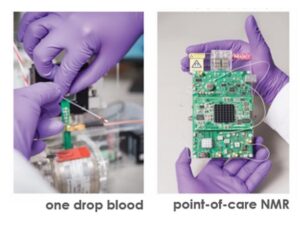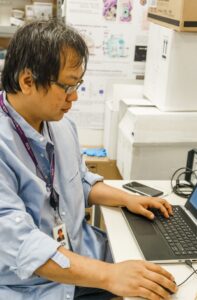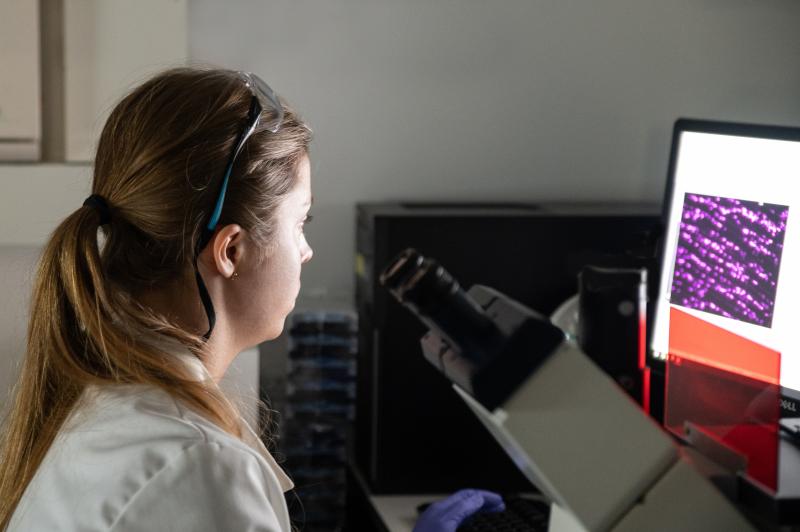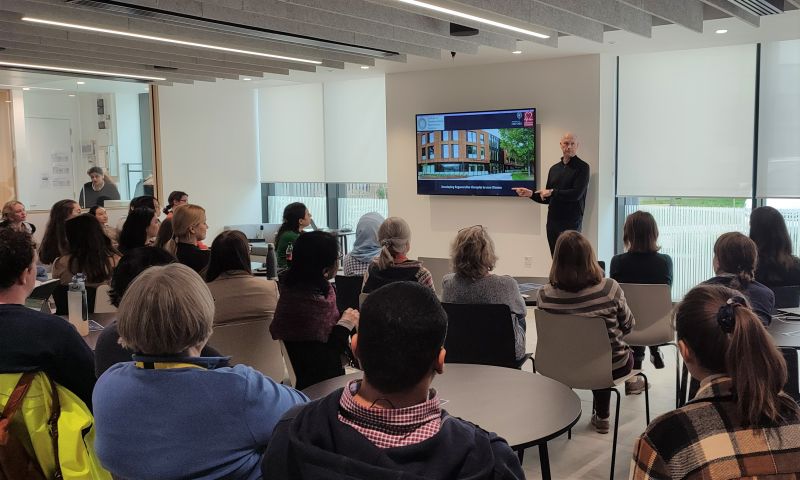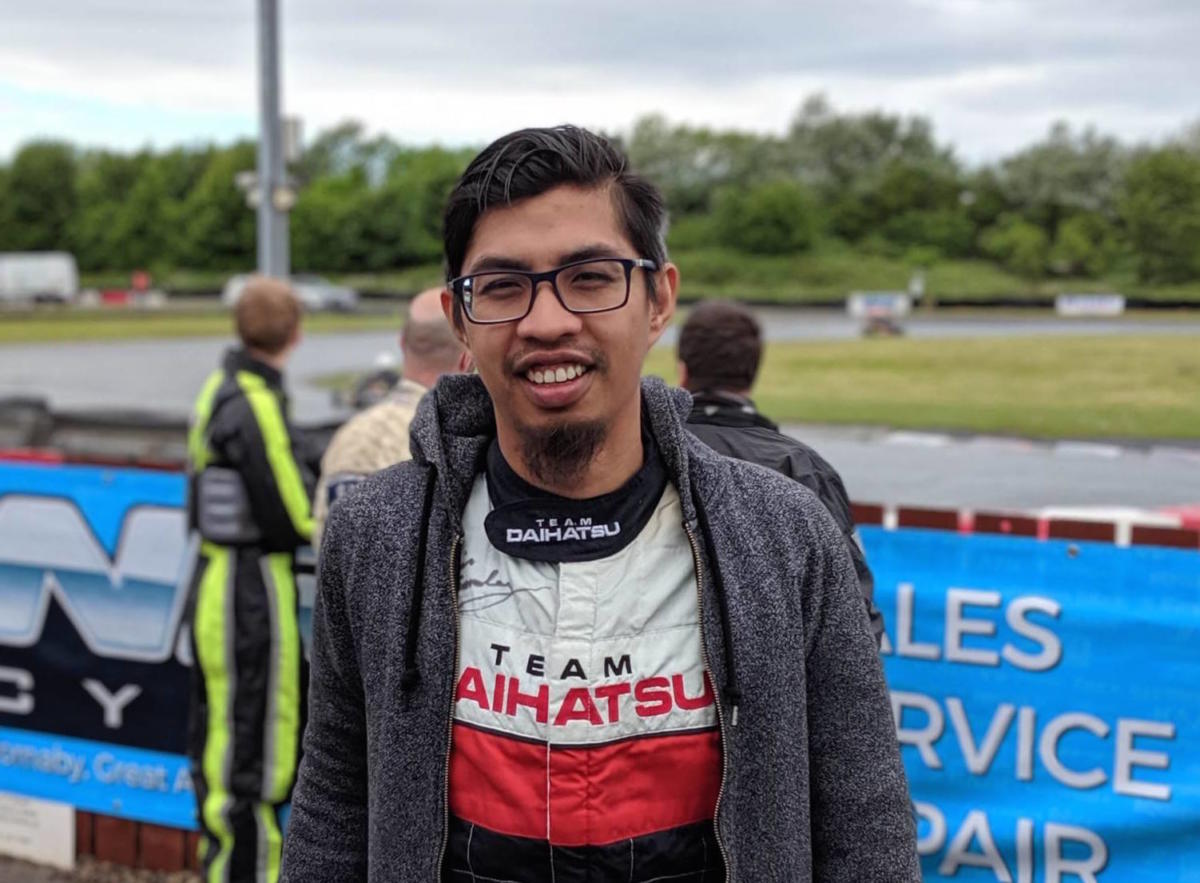Professor Weng Kung Peng’s name resonates well in scientific circles as a trailblazer in quantum bioengineering and medical research. His groundbreaking contributions, particularly in developing a revolutionary technique for malaria diagnosis, have garnered international acclaim. Yet, at the heart of his achievements lies a deep commitment to his Malaysian roots and a vision to inspire future generations of scientists.
Born and raised in Perak, Malaysia, Professor Peng’s journey from Ipoh to the forefront of global scientific research is one of perseverance, imagination and relentless curiosity. Today, as a professor at the Center for Quantum Information and Quantum Biology at Osaka University, he stands as a beacon of innovation and hope.
Pioneering Quantum Bioengineering and Malaria Diagnosis
With a foundation in theoretical physics, Professor Peng transitioned into the emerging field of quantum bioengineering—a discipline that bridges multiple layers of scientific inquiry. He likens scientific knowledge to a pyramid, saying: “At the top, you have medical problems; beneath that is biology, then biochemistry, physics, and, at the base, mathematics. All of this knowledge is linked.”
Professor Peng’s most celebrated contribution is his work on a low-cost, non-invasive malaria diagnosis tool. This innovation, which uses quantum principles to measure oxidative stress in cells, has far-reaching implications beyond malaria, extending to diabetes and other conditions.
However, the journey was not without its challenges. He recalls the scepticism he faced when proposing smaller, affordable alternatives to conventional MRI systems. “The first lie they tell you is that there are no ways to build a smaller MRI. Many people laughed at me when I started,” he shared. Yet, through sheer determination and ingenuity, he proved the doubters wrong.
His approach to research reflects a deep commitment to challenging norms and finding solutions that are both innovative and accessible. “Groundbreaking research doesn’t require exorbitant resources—just imagination and perseverance,” he emphasised.
A Global Career with Deep Malaysian Roots
Professor Peng’s illustrious career has taken him across the globe. After completing his undergraduate studies in theoretical physics at the University of Malaya (UM), he earned a highly competitive scholarship to pursue his master’s and PhD in Japan. During his time there, he worked with esteemed professors to develop complex hardware, gaining a holistic understanding of engineering disciplines such as radio-frequency and electrical engineering.
Following his PhD, Professor Peng further honed his expertise at the Massachusetts Institute of Technology (MIT) as a postdoctoral researcher. It was at MIT that he explored the intersection of engineering and biological sciences, delving into malaria research and uncovering connections between quantum mechanics and biological phenomena. “This opened an entirely new field of research for me. I felt that by going into biological sciences, I could stay at the forefront of research,” he recalled.
Despite his global accomplishments, Professor Peng’s connection to Malaysia remains unwavering. “Malaysia is always in my heart,” he said. He frequently visits UM, giving talks and sharing his research findings via academic papers with hopes of elevating the university’s global ranking.
This year, he will also be a part of the World Expo 2025, which is set to be held in Osaka, Japan from 13 April to 13 October. He is set to deliver a talk on his research and is also in the process of inviting Malaysian academics and Malaysian companies to participate in the event.
Accolades and Recognitions
Professor Peng’s work has earned him numerous accolades, including the prestigious China NSFC Excellence International Young Scientist award in 2023. He was also nominated to the prestigious list of ‘100 Global Thinkers’ in the year 2014 by Foreign Policy magazine, which was conducted by Chevron Corporations. The list was established to honour the extraordinary contributions of preeminent leaders, scientists or entrepreneurs who have changed the world.
These recognitions, he notes, are more than just trophies; they are gateways to collaboration and influence. “When I speak at conferences, even for five minutes, people listen. It has provided me with access to a lot more connections in China,” he says.
In countries like China, where research and development (R&D) investment is robust, such awards enable him to access cutting-edge research communities and contribute to shaping global scientific discourse. Yet, despite these opportunities, his focus remains on creating tangible solutions for pressing medical challenges.
The Future of Zero-Cost Research
Looking ahead, Professor Peng is championing what he calls “zero-cost research.” While not entirely free, this initiative aims to drastically reduce the cost of scientific tools and technologies, making them accessible to researchers worldwide. He draws inspiration from advancements in fields like artificial intelligence (AI), where open-source platforms have democratised technology.
“For instance, I’m developing a wearable MRI system using low-cost components. What used to cost millions can now be achieved for just US$50,” he explained. This project embodies his belief in the power of resourceful innovation. “The only limitation is our imagination. You must dare to dream,” he said.
Mentoring the Next Generation
Beyond his research, Professor Peng is passionate about mentoring young scientists. During his time at MIT, he enjoyed engaging with students, challenging them with thought-provoking questions to gauge their potential. Similarly, his involvement with elite youth programmes in China has reinforced his belief in the importance of nurturing future leaders.
“My greatest return is seeing students find direction in life,” he shared. “Many told me that after listening to my talks, they felt inspired and motivated to pursue their goals. This, to me, is the true reward of mentorship.”
This ethos aligns closely with MyHeart’s mission to connect and empower the Malaysian diaspora. Professor Peng envisions collaborating with MyHeart to mentor young Malaysian scientists and inspire them to push boundaries. “Mentorship is close to my heart,” he said. “I would be delighted to work with MyHeart to guide the next generation of Malaysian scientists.”
From his revolutionary malaria diagnosis tool to his vision for zero-cost research, Professor Peng’s career journey is living proof of the transformative power of innovation.
Are you a Malaysian abroad looking to connect with like-minded individuals and contribute to Malaysia’s innovation landscape? Sign up on MyHeart to explore collaboration opportunities, share your expertise and help shape the future of global science and technology.


